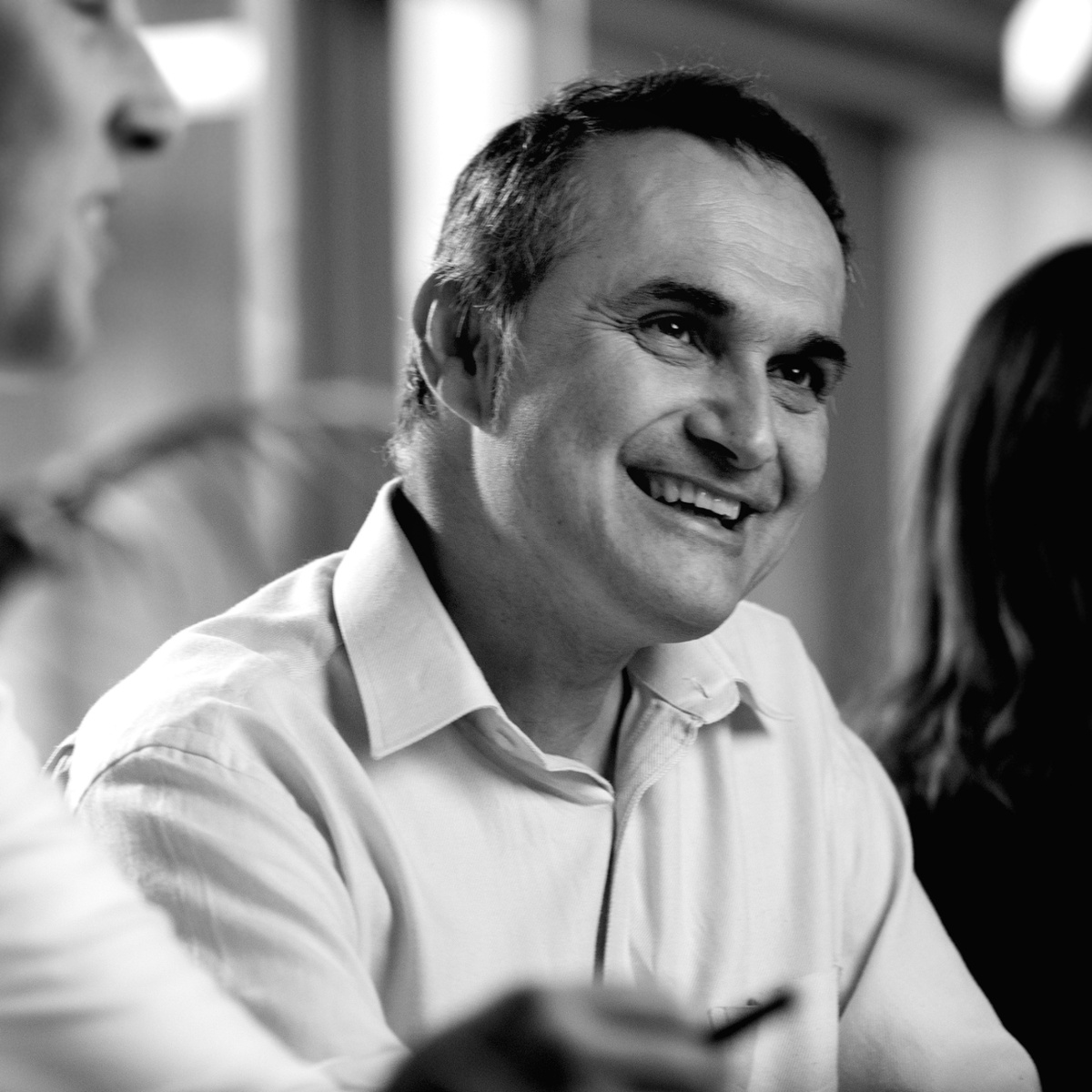Striving To Achieve Net-Zero Carbon Emissions By 2050
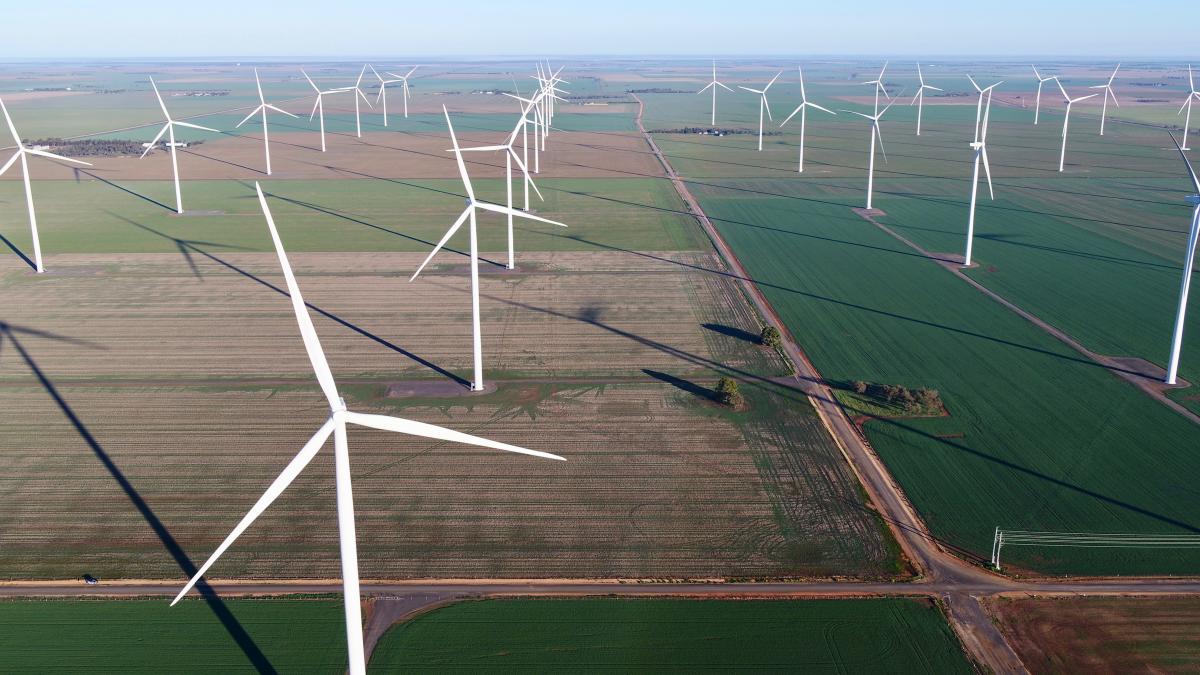
How we’re supporting the government’s target and the national alignment it represents.
We welcome yesterday’s commitment from the Federal Government to achieve net-zero carbon emissions by 2050. We’re strong supporters of this target and the national alignment on decarbonisation it represents.
This announcement highlights the growing demand for sustainability to be strategically implemented into each stage of the project life cycle, across all sectors, building on Australia’s former goals under the Paris Agreement to achieve a 26 – 28 percent reduction in carbon emissions by 2030. We look forward to seeing it progressed through a real commitment to implementation, through policy and planning processes.
Working together to achieve net zero
We recognise investors, companies and governments will need to work together to create a trajectory to achieve a resilient net zero emissions economy, including greater emission reductions over this decade. With increased support at the Federal level in green hydrogen, green steel, solar, and other renewable technologies Australia could reap the benefits of $63 billion in fresh private investment over the next five years, and over $1 trillion by mid-century, in domestic opportunities alone (Investor Group Climate Change report, October 2021).
We look forward to supporting clients as they look to implement new, innovative, and sustainable technologies into their developments. Particularly renewable energy projects seeking approval for wind, hydro, hydrogen, battery and green transport.
What do our experts say?
Ultimately, the built environment is about better human outcomes – and this commitment to net-zero means that imbedding best-practice social, environmental and economic sustainability measures in projects is set to become the bare minimum. I am looking forward to seeing Australia begin to innovate in this area and show what we can do when supported with the right policy levers, that actually reflect what the majority of Australians are calling for.
Having worked in social sustainability for over 15 years it’s encouraging to see the shift towards a low carbon economy. I’ve assisted ASX listed companies in the traditional resources sector, and now looking forward to working with renewables companies to accelerate new infrastructure development. At Ethos Urban, we not only help our clients gain social license to operate, but we work with communities to deliver place-based strategies that ensure a positive impact that also deliver greater opportunities for shared value.
The way forward
We have and continue to support the policy of decarbonisation through approvals for renewable energy (solar, wind, battery, hydro, hydrogen) and the implementation of sustainable social and economic policy, throughout Australia. In particular, we have provided planning, economic, social, visual impact assessment and communications and stakeholder engagement support to a number of industry leading renewable energy developers and operators.
To discuss policy or approval opportunities in the property and infrastructure sectors that come with a national policy on decarbonisation, contact our renewable sector leads, John Noronha, Westley Owers, Morgan Randle or Madeleine Beart.
Related Insights
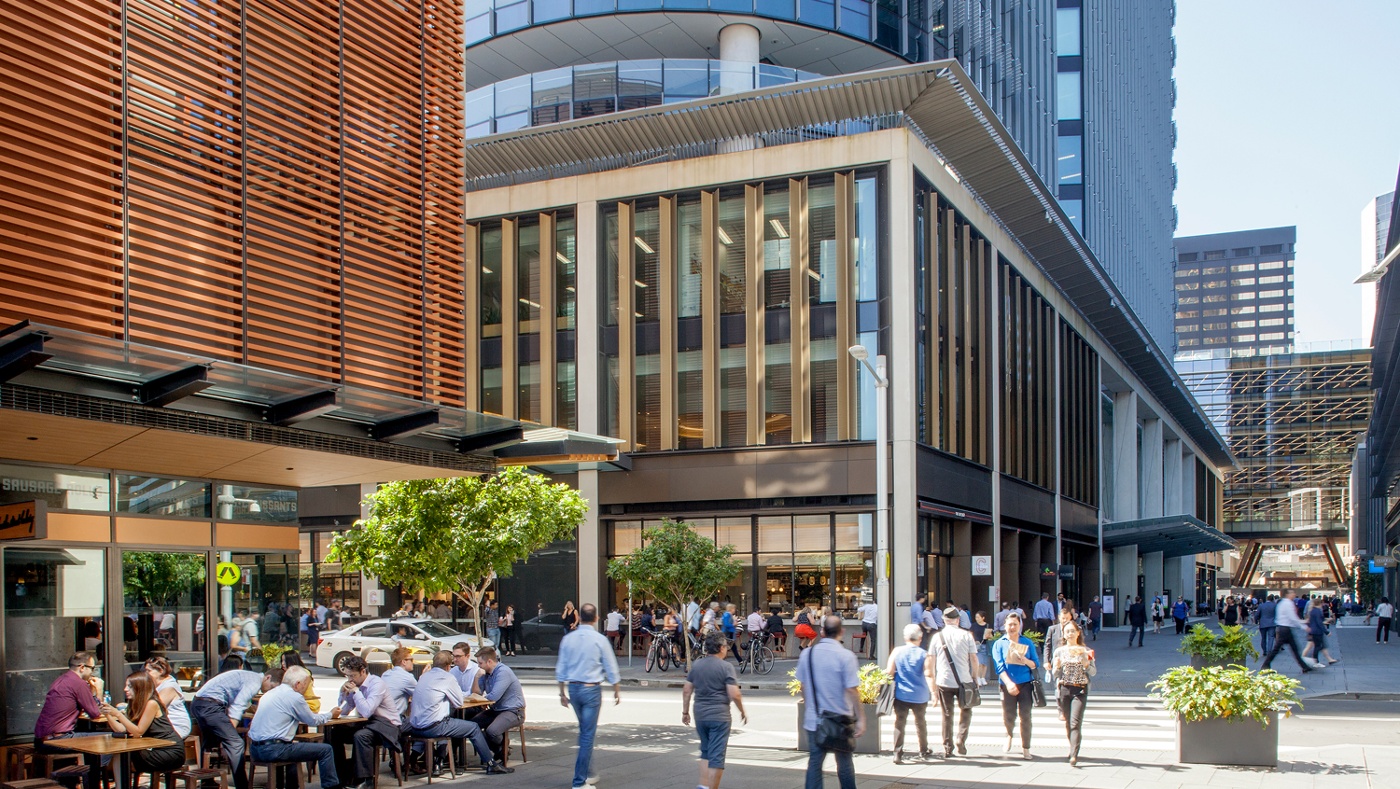
Ethos Urban to join Colliers

Celebrating growth and excellence: 2025 promotions
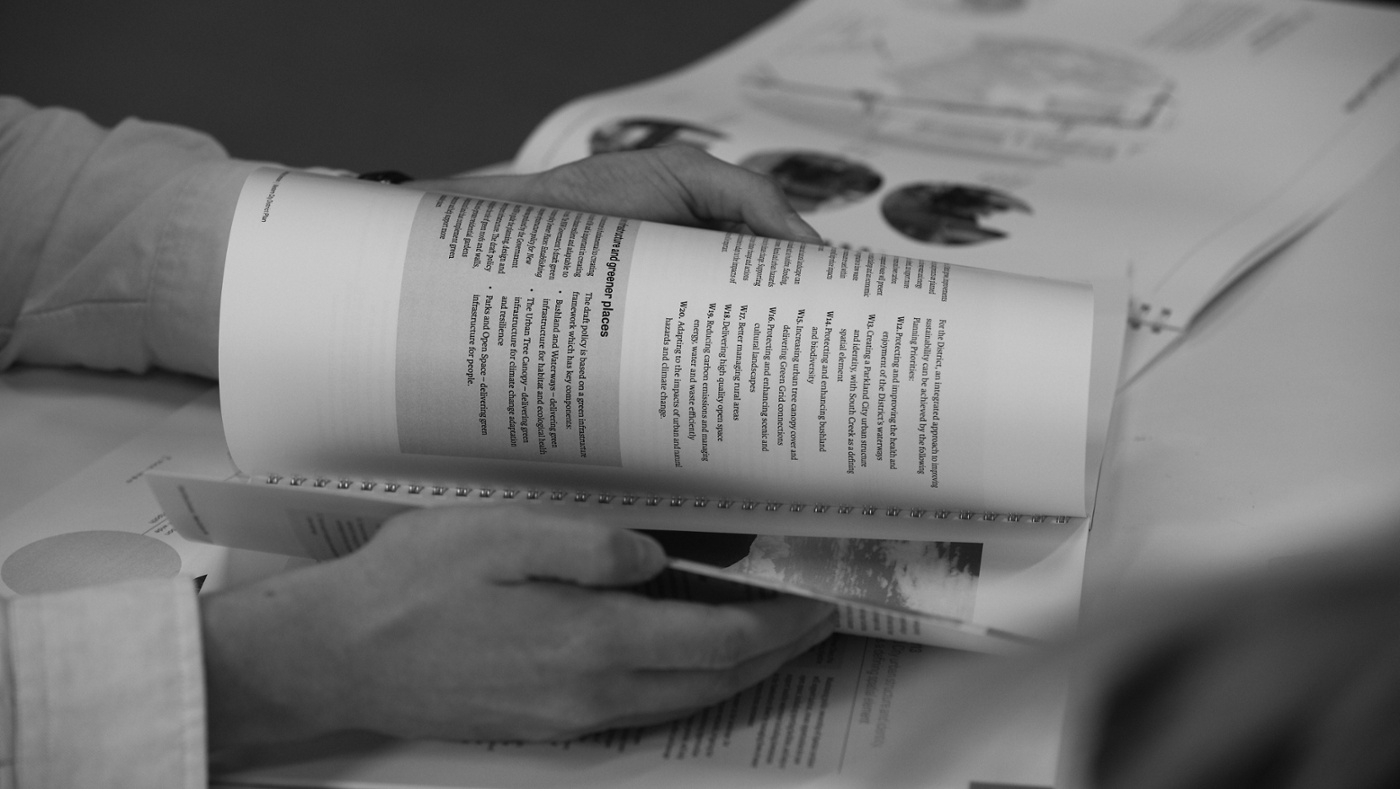
Property Council of Australia Committees Announced for 2025/26
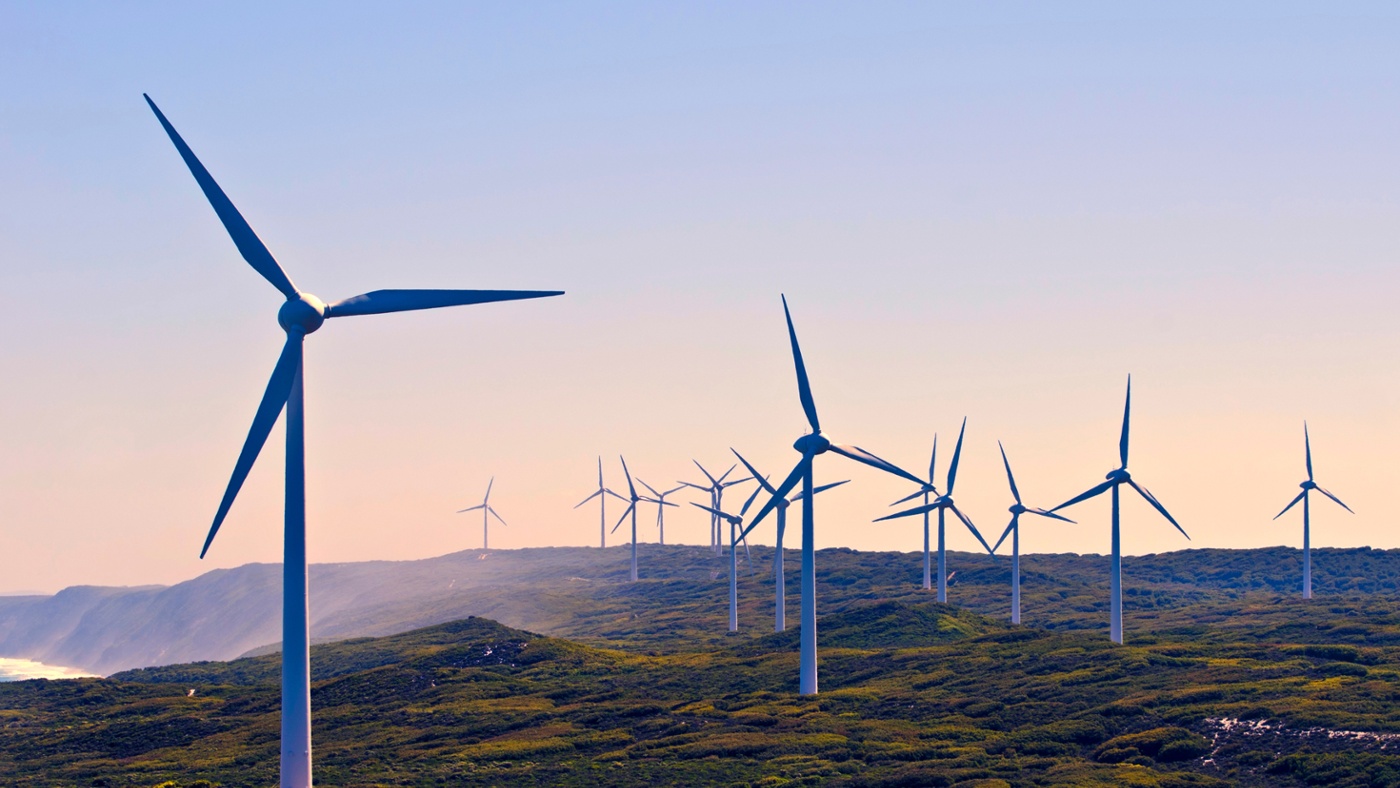
Renewable Energy in Focus

Ethos Urban Returns as Series Sponsor for Outlook 2025
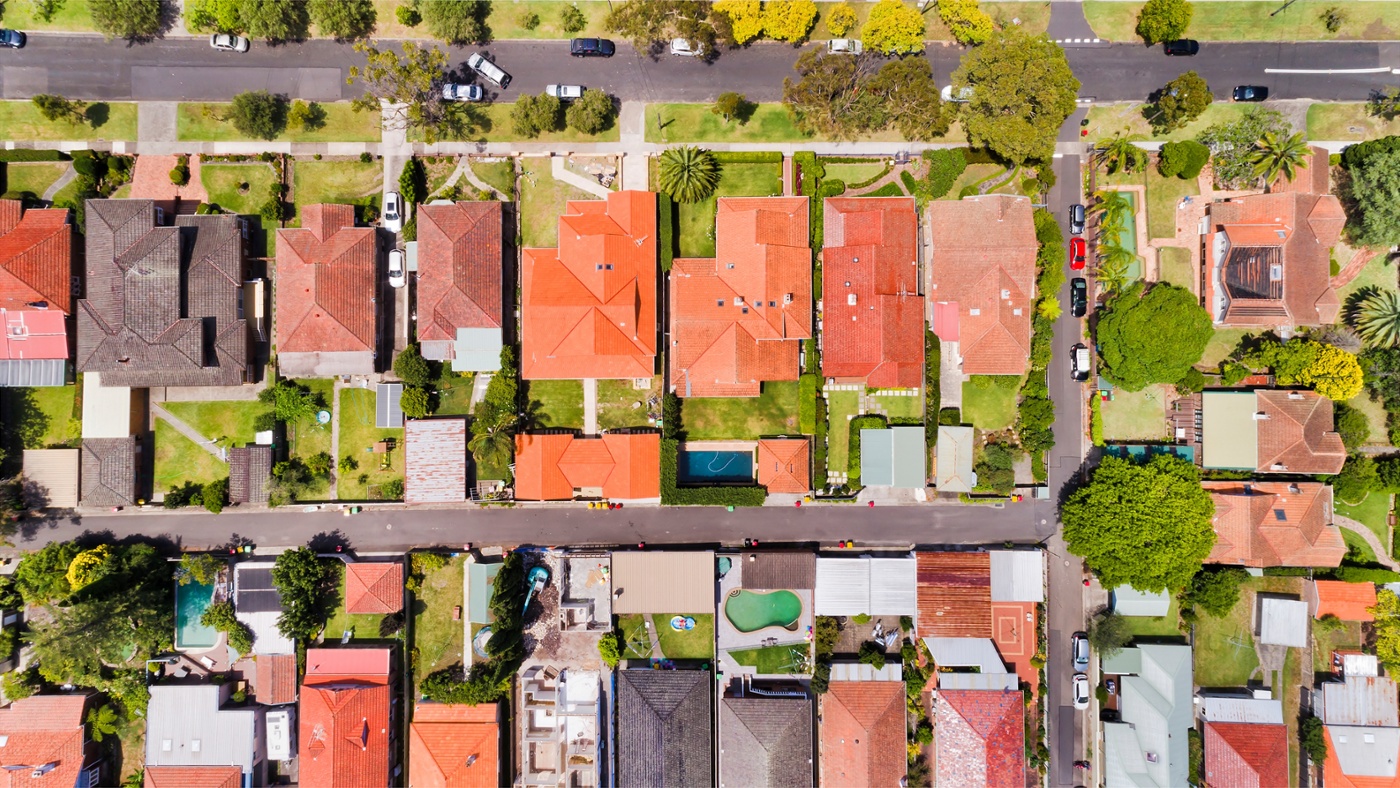
Navigating the NSW State Significant Rezoning Policy

